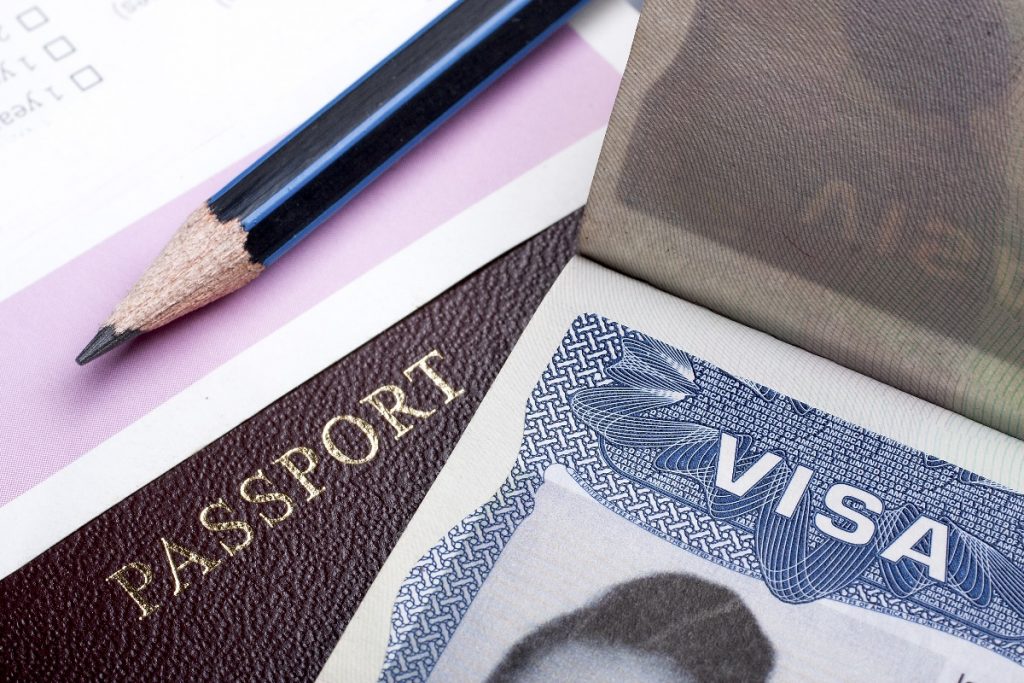Now that the world is opening up little by little thanks to the rollout of vaccines all over the globe, our companies might also start doing business as usual, starting with travel. Traveling is a crucial part of business operations for some industries, so you might find yourself having to travel again for your company.
If your business is a bit cash-strapped but still entails plenty of travel, here are some tips on how you can cut back on your travel expenses.
Communicate clearly with your employees
Managing everyone’s expectations from the onset is crucial to ensuring that your employees will help save money on corporate expenses. Here are some ways to do this:
- Be clear about the budget the company is allocating for the travel.
- Give them cash incentives if they save on expenses—it will encourage them to save as much during the trip, and they will feel more like partners than employees.
- Ask for your employees’ help. Admit when you don’t know the best places to look for cheaper tickets, and if you need help looking for comfortable places they can stay that won’t break the bank. You can also ask them for ideas on how to save on business costs.
Consider allocating one day for leisure
If you and your team are going somewhere wonderful and unique and somewhere many of you won’t have the opportunity to go back to in the future, consider allotting one day for leisure. Give them a limited budget for this day, but they are free to spend their own money for whatever extra they want to do. Explore some tailor-made tours that you can do in a day—giving professional tour guides the reins over your day will help you ensure that you’re making the most out of your free day, and giving them at least one day of fun will make them feel like you care about their enjoyment as well.
Check out alert tracking systems
One of the most frustrating things is booking a flight to see that the airline has a sale later. It can also happen when booking hotel rooms or a bed-and-breakfast. To avoid this, download alert tracking platforms that can help you track lower fares. These tools can help you keep track of prices on your booked flights, and they can send alerts when lower fares are uploaded. So you might be able to book a flight for one person and wait for lower fares around the same time and destination if you need to book tickets for another company employee.

Be smart and strategic about when you make your booking
When it comes to booking flights and hotels, time is also money. You need to practice “time intelligence” if you want to save on corporate travel costs. Here are some examples of how to be strategic when booking flights and hotels:
- Book a ticket as early as you can, especially for international flights. According to research by Cheap Air, the “prime booking window” is three weeks to four months before your trip. The general rule of thumb is that if we book too early or too last minute, we tend to end up paying more.
- There is also a good time of the week to buy tickets. Another study by the Airlines Reporting Corporation in partnership with Expedia found that overall, the lowest-priced fares for international and domestic economy flights were booked on a Sunday.
Maximize pandemic discounts
It may seem like a terrible thing to capitalize on pandemic discounts and promos, but if your travels are truly essential, then you might as well cut as many costs as you can. Right now, there are a host of travel deals that are designed to lure people out of their homes, and these deals may dry up soon once hotels and airlines realize that the vaccines are getting people out of their homes anyway. Thankfully, projections show that cheaper airfare deals may last until the summer, so if you and your team need to travel somewhere for work, now is the best time to nab some lucrative deals.
Keep an eye out for hidden charges
And lastly, be vigilant about where additional costs may pop up. For example, if you and your team are driving instead of flying somewhere, watch out for extra charges on car rentals. Check if they’re asking you to prepay for the fuel because you might not have a chance to get a refund for unused fuel.
If traveling is an essential part of your business’s operations, don’t hesitate to cut costs where you can. This way, you can still be efficient with your budget and development.

